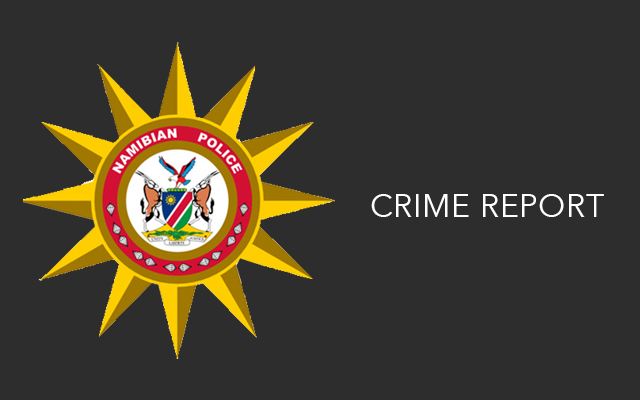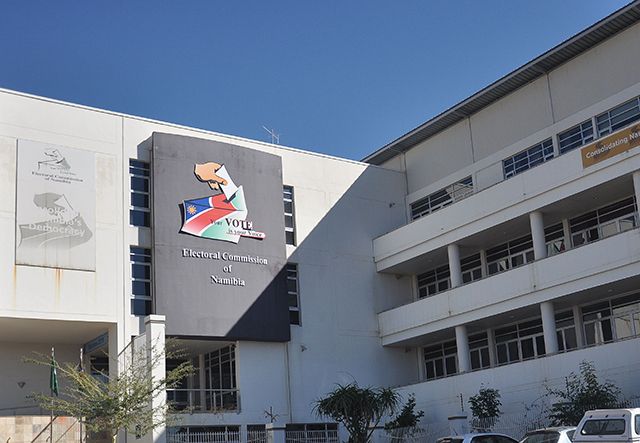The Previously Disadvantaged Namibia Farmers Union (PDNFU) has blasted the drought-relief measures of the Agricultural Bank of Namibia (Agribank).
The union in a statement yesterday said the relief efforts fall short of addressing the real drought challenges faced by famers.
The statement, co-signed by the union’s chairperson, Jane Kuhanga and its second-in-command, Mbakumwa Hengari, says Agribank’s recent drought-relief measures highlight a disturbing disregard for realities faced by farmers on the ground.
The PDNFU says a critical omission from the list of relief measures outlined by the bank are farmers with crop-related production loans.
The union says the exclusion of such farmers from relief measures is not only unjust, but also counterproductive to the nation’s agricultural goals and reforms.
“These farmers took significant risks to contribute to national food security and now face devastating consequences due to the drought,” the union says.
It says the bank did not consult enough with farmers on feasible and more appropriate drought-relief interventions.
Agribank last week announced drought-relief interventions for its affected clients.
The bank’s relief measures, which it said was aimed at offering relief and support to farmers countrywide, comes in the form of two main interventions.
According to the bank, the first intervention is a payment relief on both arrears and instalments for the current year.
The second intervention is drought-relief loans, which the bank said would be offered to clients who have fulfilled the payment relief requirements and could be used for various drought-related needs, such as the purchasing of fodder, the drilling or rehabilitation of boreholes or other water infrastructure, adaptive income streams, such as wood and charcoal production and bush-to-feed-making equipment.
Namibia is one of the most arid countries in the world, with a high rainfall variability that makes it no stranger to drought.
The year 2013 was declared the driest year of the last three decades and Namibia was not spared its adverse effects.
The Namibian government declared national emergencies in 2013, 2016 and 2019 due to extreme drought events that left the agriculture industry in dire straits.
By the end of 2019, which was the worst drought recorded in 90 years, nearly 100 000 livestock perished, agriculture production was at an all-time low and the people of Namibia were left hungry and fighting to survive.
The PDNFU wants the formulation of a long-term structural funding mechanism, which would provide a safety net for farmers during crises.
This would prevent the need for emergency intervention, it said.
The PDNFU was formed around six years ago as a vehicle for farmers to address their unique needs, which can neither be pigeonholed into commercial or communal farming mode.
The union draws membership from both communal and commercial farmers.
Stay informed with The Namibian – your source for credible journalism. Get in-depth reporting and opinions for
only N$85 a month. Invest in journalism, invest in democracy –
Subscribe Now!






